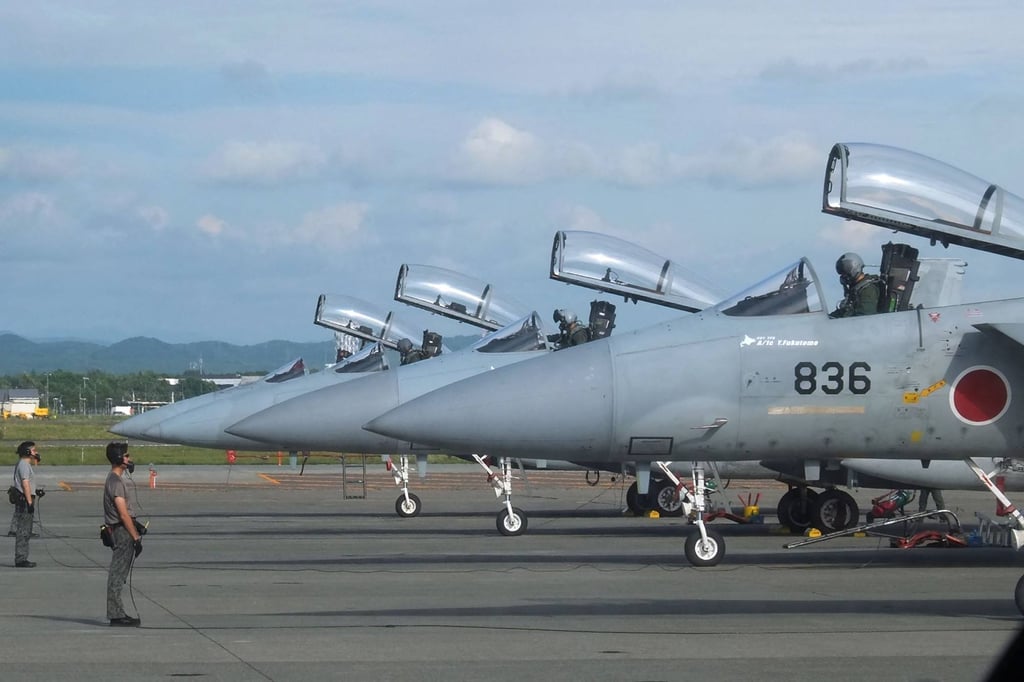Chinese nationals or companies bought 203 properties or plots of land close to facilities identified by the Japanese government as critical to national security in the past year, stoking fresh alarm over foreign ownership in strategically sensitive areas of the country.
Advertisement
A study released by Japan’s Cabinet Office on Monday confirmed that foreign nationals or entities bought a total of 371 properties or land within 1km of a “specially monitored zone”, which includes military bases for Japan’s Self-Defence Forces (SDF) or the US military, ports or airports with potential dual uses in the event of a national emergency or government ministries in central Tokyo.
“The government is developing a greater sensitivity to what potentially could happen and is less willing to discount ideas that seemed improbable before Russia invaded Ukraine,” said Jeff Kingston, director of Asian Studies at Temple University in Tokyo.
“I think it is clear that there is a growing need to try to disseminate who is moving into the neighbourhoods around these bases and other facilities and who might potentially be able to compromise their operations,” he told This Week in Asia.

The designation of land close to sensitive sites was introduced under a law that went into effect in 2022, with 583 sites across the country now covered by the legislation.
Advertisement
Mainland Chinese entities were the single largest purchasers of property in these areas, followed by South Koreans, who bought 49 properties, and 46 obtained by Taiwanese.

